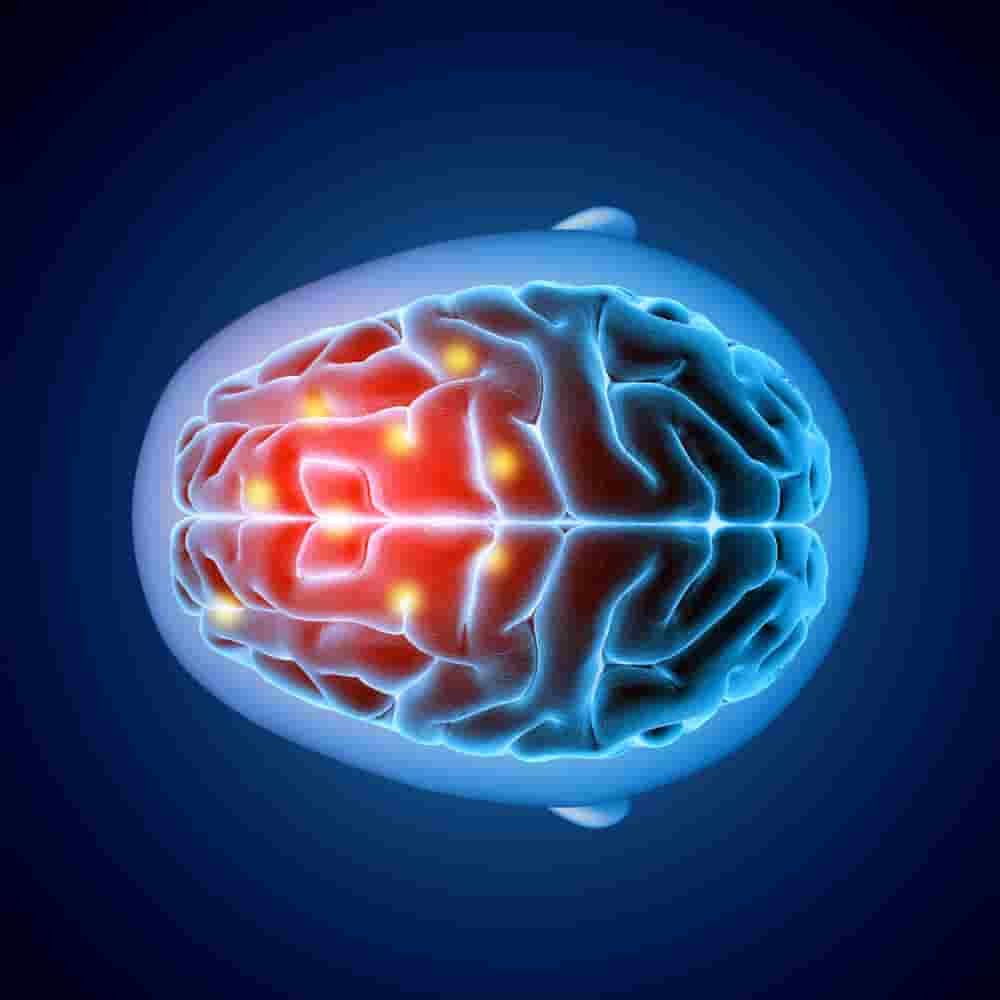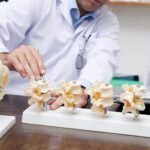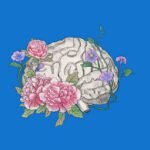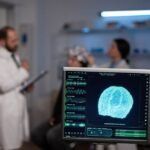In order to limit the brain damage stroke can cause, it is important that you are aware of the signs and symptoms of stroke so that you can take appropriate action quickly because in stroke “time is brain”. By doing so, you may be able to lessen your chances of experiencing neuronal damage or even dying.
A “stroke” is a type of brain attack that results from problems with the blood supply. This can happen due to blockages or rupture of the blood vessels within the brain, depriving it of necessary oxygen and nutrients. There are two major kinds of brain stroke:
Ischemic strokes are the most common, approx. 85% of all stroke patients, and this is a result of arterial narrowing or blockages. Hence the brain is deprived of the blood supply, resulting in oxygen starvation, brain damage, and loss of function. This occurs as a result of clots formed in the bloodstream or due to atherosclerosis, a disease where plaque builds up inside our blood vessels.
Hemorrhagic stroke refers to a type of brain injury caused by internal bleeding. This condition can be exacerbated by many factors, including high blood pressure, medications that thin the blood, or trauma.
How common is a stroke?
Strokes are very common and have reached epidemic proportions. Worldwide, strokes rank fifth among the top causes of death. Stroke is the number one cause of disability worldwide, and it affects more than 1 in 4 adults over the age of 25.
One major risk factor for stroke is high blood pressure, which often results from atherosclerosis – a condition caused by a build-up of plaque on the walls of arteries. Others include tobacco, physical inactivity, unhealthy diet, alcohol, arterial fibrillation, raised blood lipid levels, obesity, genetic predisposition, stress, and depression.
Signs & Symptoms of stroke:
As the number of stroke patients is increasing day by day, one has to be very well aware of its signs and symptoms so that it can be diagnosed early and timely treatment can be started.
There is an easy acronym to help you to spot signs and symptoms of stroke: B.E.F.A.S.T
B: BALANCE
Do you have a loss of balance or are they dizzy?
Are they walking differently?
E: EYES
Can they see out of both eyes ok?
Ask them if they have sudden vision loss or blurry or double vision.
F: FACE
Does one side of their face look noticeably uneven or like it is drooping?
Ask them if their face feels numb or facial nerve problem. Tell them to smile and check if their smile is uneven.
A: ARMS
Does one of their arm feel numb or weak?
Ask them to raise both arms and see if one arm drifts downwards.
S: SPEECH
Is their speech hard to understand?
Do they seem confused?
Are they having trouble understanding you?
T: TIME to call 108
If someone has any of these warning signs, call 108. Note the time the first symptom appeared, and share that information with the first responder. The patient should always be transferred to a STROKE READY hospital.
Dr.Vishal Bhasme is a neurosurgeon who specializes in treating all types of brain stroke and providing rehabilitation services for those affected by the condition.
How can I reduce my risk of having a brain stroke?
There are several ways that you can reduce your risk of having a stroke, or prevent one from occurring altogether.
- Exercise regularly to maintain a healthy lifestyle and improve your health.
- Keeping blood pressure and diabetes under control can be a challenge, but it’s important to do what you can to manage them.
- Maintaining a healthy weight is important for both your physical and mental health.
- Smoking and alcohol are two of the most harmful habits you can engage in, and both have major health consequences.
- Avoid illicit drugs to stay healthy and protect yourself.
A stroke is a critical medical emergency, they are often unpredictable, so it’s important to get treatment as soon as possible if you or someone you care for experiences the symptoms. Recent advances in our understanding of the brain have led to better treatment options, including technological leaps in imaging and new medications. Dr. Vishal Bhasme is a brain specialist doctor with more than 15 yrs of experience in this field providing brain stroke treatment in Pune.















